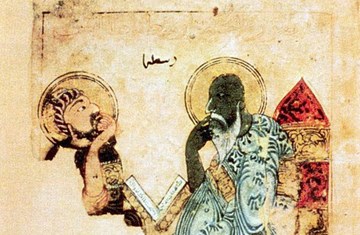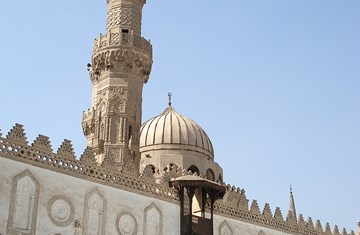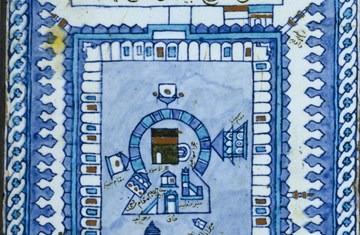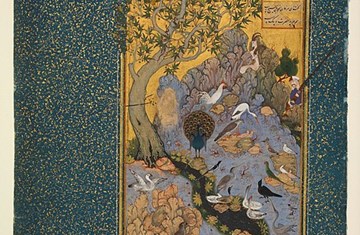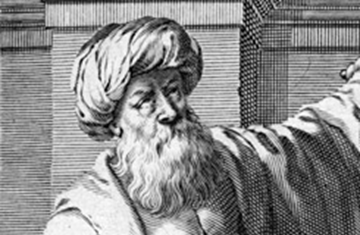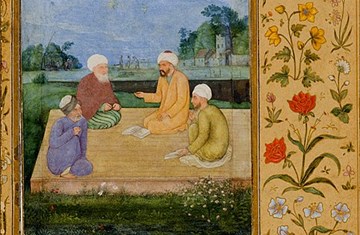Al-Nu‘man, Al-Qadi (d. 363 AH/ 974 CE)
The foremost Ismaili jurist and founder of Fatimid Ismaili jurisprudence, Abu Hanifa al-Nu‘man b. Muhammad al-Tamimi, better known as al-Qadi al-Nu‘man, was born around 290 AH/ 903 CE into a learned family in Qayrawan, in North Africa. Very little is known about his family, childhood and education. His father Abu ‘Abdullah Muhammad b. Mansur b. Ahmad b. Hayyun, was evidently a convert to Ismaili Shi‘ism from Maliki Sunnism, the prevalent Sunni school of law in Ifriqiya.
Educated as an Ismaili, in 313 AH/ 925 CE al-Nu‘man entered the service of ‘Abdullah al-Mahdi (d. 322 AH/ 934 CE), the Ismaili Imam who had founded the Fatimid caliphate in Ifriqiya in 297 AH/ 909 CE. He served the first four Fatimid imam-caliphs in different capacities, such as the keeper of the palace library, and judge of Tripoli and Mansuriyya, the new capital from 337 AH/ 948 CE under the Fatimid Imam-caliph al-Mansur.
Al-Nu‘man’s advancement under the Fatimids culminated in his appointment in 337 AH/ 948 CE by Imam-caliph al-Mansur to the position of chief judge (qadi al-qudat) of the Fatimid state. The fourth Fatimid Imam-caliph al-Mu‘izz confirmed al-Nu‘man in that post, and in 343 AH/ 954 CE also entrusted him with the grievances proceedings (mazalim) throughout the Fatimid caliphate.
In addition, he was authorised by Imam-caliph al-Mu‘izz to hold the ‘sessions of wisdom’ (majalis al-hikma) every Friday in the royal palace to instruct Ismaili audiences in the esoteric Ismaili sciences, known as hikma, as well as the ta’wil or esoteric interpretations of the Qur’an and the commandments of the Islamic law. Al-Qadi al-Nu‘man accompanied Imam-caliph al-Mu‘izz to Egypt in 362 AH/ 973 CE and died in Cairo, the new Fatimid capital, on the last day of Jumada II 363 AH/ 27 March 974 CE; his funeral prayer was led by Imam-caliph al-Mu’izz himself.
Author

Dr Farhad Daftary
Co-Director and Head of the Department of Academic Research and Publications
An authority in Shi'i studies, with special reference to its Ismaili tradition, Dr. Daftary has published and lectured widely in these fields of Islamic studies. In 2011 a Festschrift entitled Fortresses of the Intellect was produced to honour Dr. Daftary by a number of his colleagues and peers.

